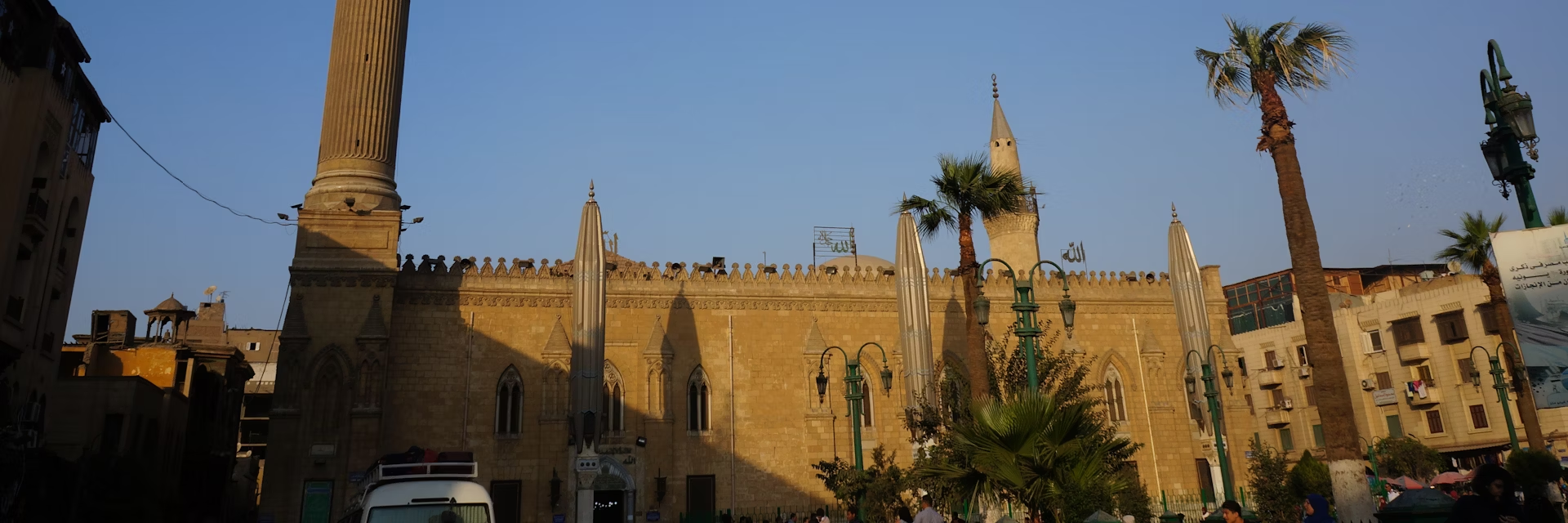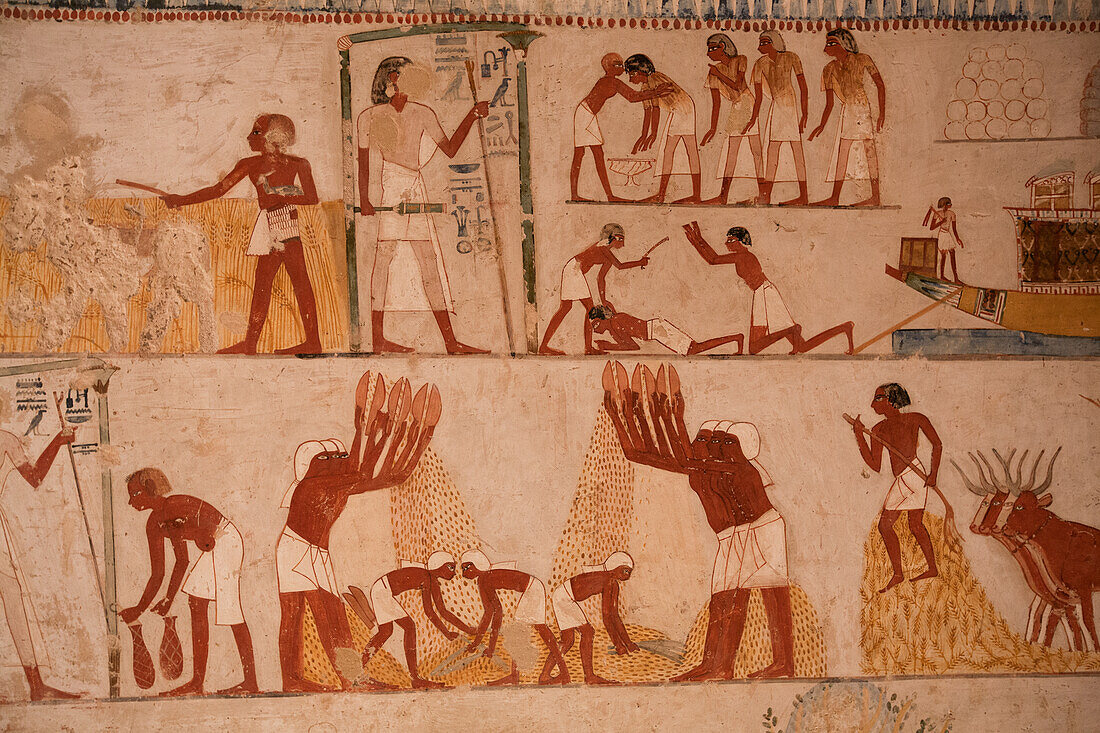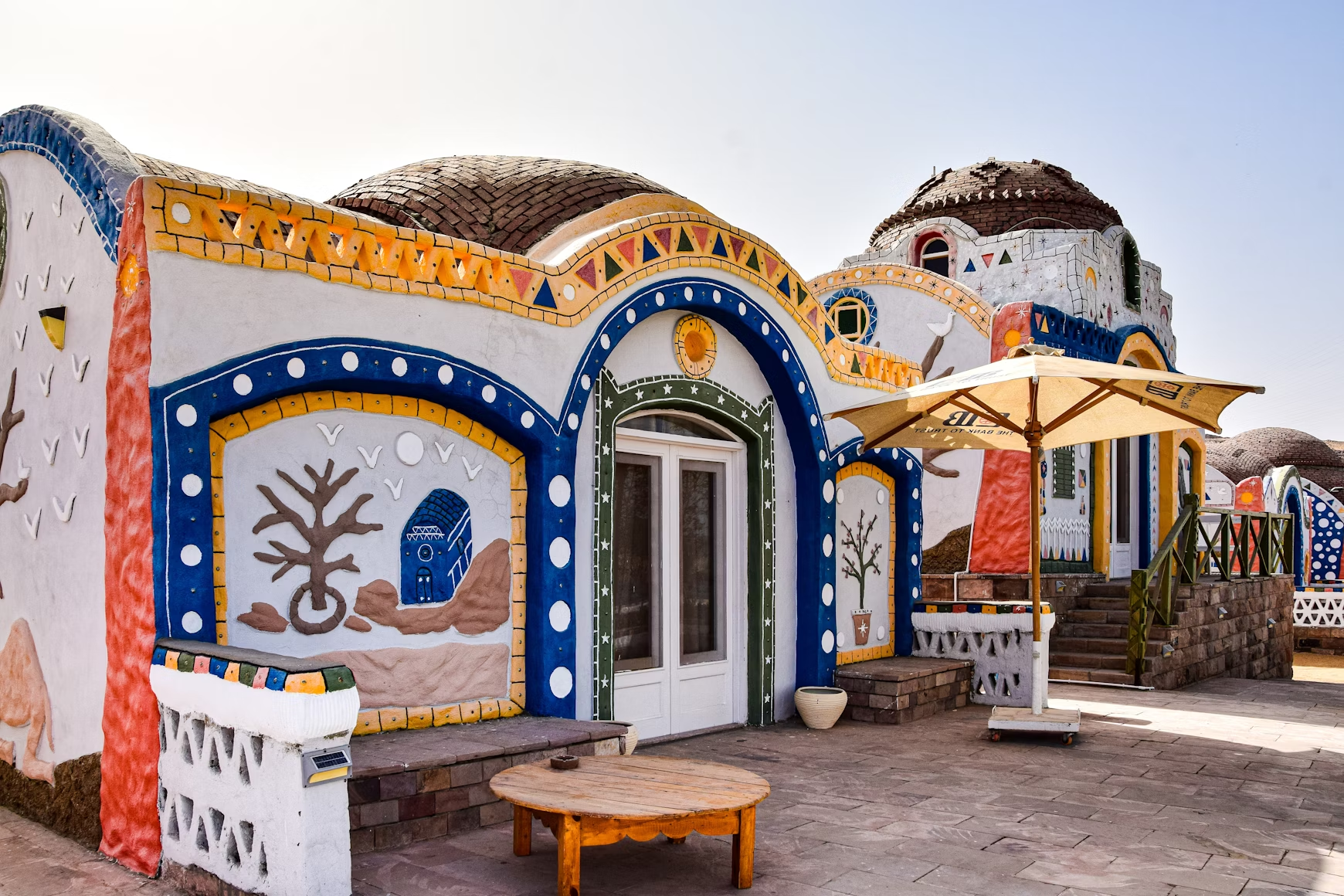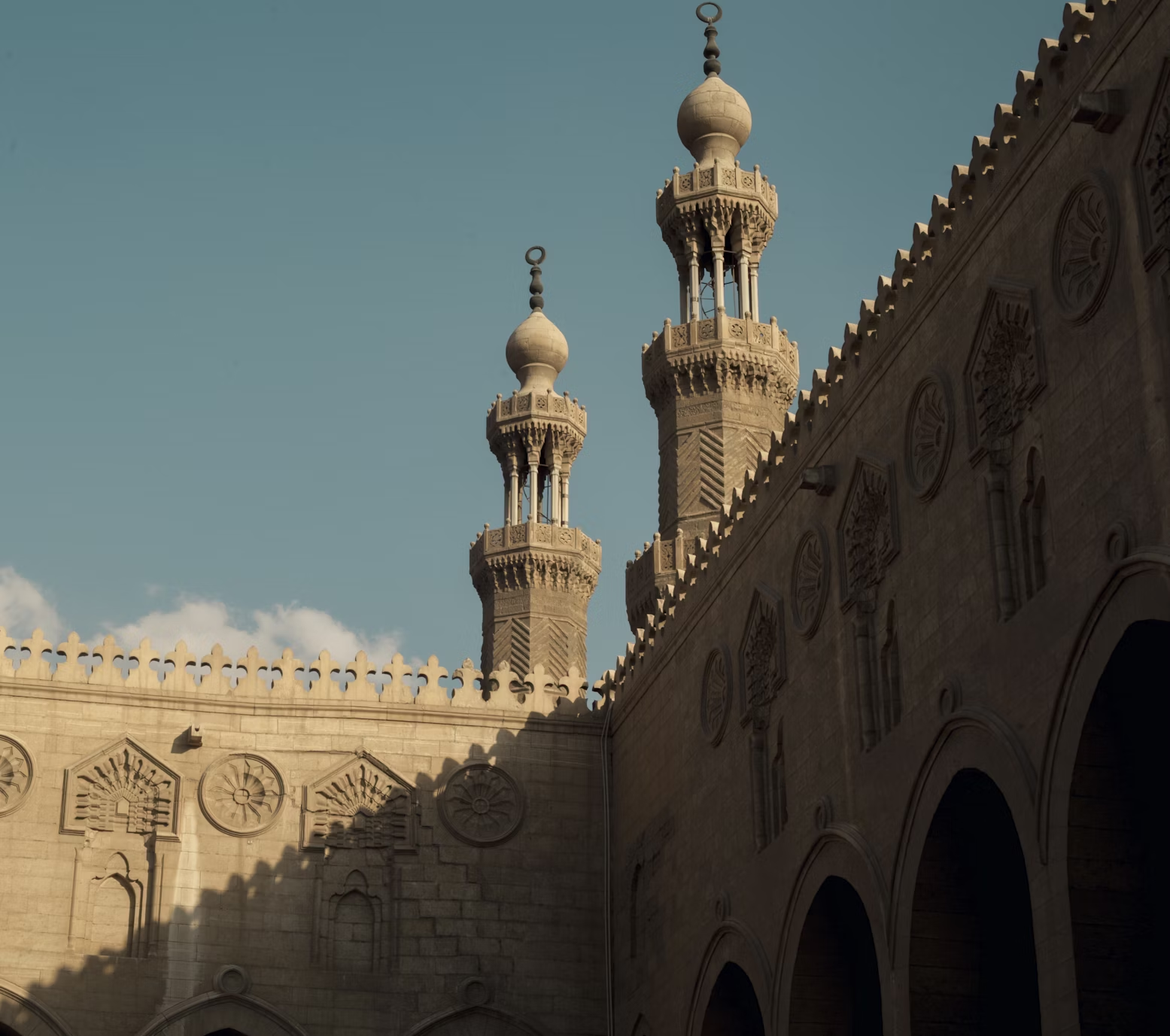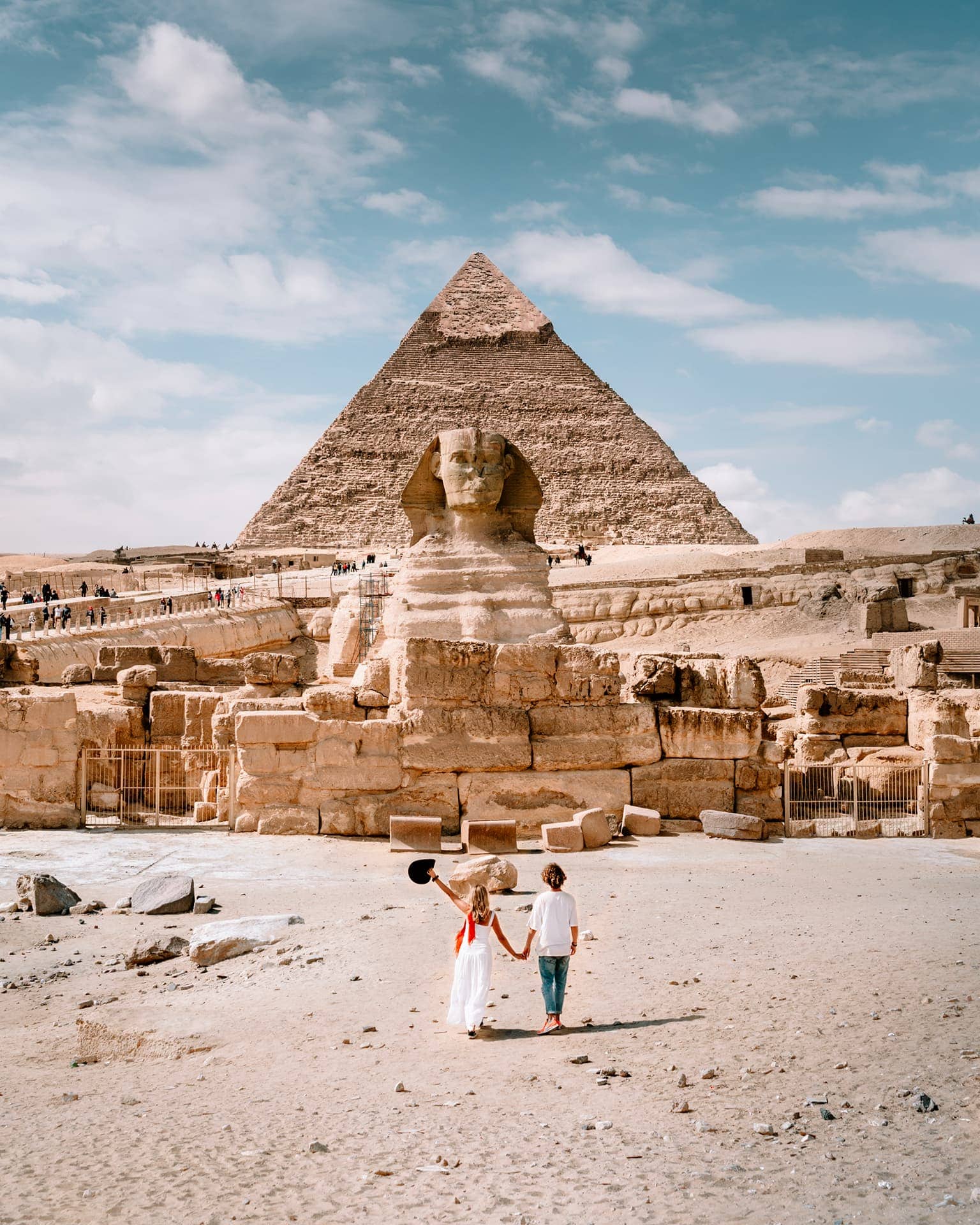The History of Al-Hussein Mosque
Al-Hussein Mosque has a very colorful and rich history dating back to the 12th century, thus forming an integral part of the understanding of al-hussein mosque history. Among such significant features are the ones holding it as a burial place for the head of Imam Hussein, which enhances its spiritual qualities. Originally built in 1154 during Fatimid times, it has since witnessed innumerable renovations and extensions. Over centuries, it became not just very eminent as a memorial for Imam Hussein, but also a religious site for the Islamic learning and community gathering.
The mosque is connected to one of the most memorable incidents that took place in Islamic history: the martyrdom of Imam Hussein on the battlefield of Karbala. His legacy concerning courage and sacrifice for justice tends to touch Muslims across the world. Hence, this paves the way for many pilgrims to flock to Al-Hussein mosque. The history of the mosque forms part of the general history of Cairo and Islamic Egypt itself and hence proves to be one of the noticeable landmarks of the city.
Spiritual Significance of Al-Hussein Mosque
Baraka and spiritual energy descend upon a mosque due to the activities in connection with Imam Hussein that lead to the above understanding. In addition, the Al-Hussein Mosque enhances its spiritual significance by being the very site of resistance against the oppression that was faced by Imam Hussein. Therefore, Muslims flock from all over the world to revere the memories of Imam Hussein, reflect upon his martyrdom, and seek blessings to connect them with the ancient history of Islam. One key element behind the importance of the mosque is its status within the context of tourism: as one of the holiest sites in Egypt, in addition to its architectural wonders, it provides a place to reflect, pray, and recharge one's spirits, making it a significant stop for Egypt holidays.
The mosque remains a site of pilgrimage and worship for people seeking blessings who, through prayer, instill themselves with energy from the sacred history of Islam. In addition to what was mentioned, Al-Hussein mosque holds more importance during great Islamic occasions, for example, Ashura, in which Imam Hussein's martyrdom is commemorated in great sorrow. It hosts a massive gathering of worshippers during these days who come to commemorate him, pray for him, and reflect on what he stood for. Not only is Al-Hussein Mosque the site for observance of religious obligations, but it is a lighthouse against which all Muslims learn the values of courage, justice, and sacrifice.
Al-Hussein Mosque’s Role in Cairo’s Cultural Life
Besides the nominal function, Al-Hussein Mosque exerts other influences in Cairo's various cultural life. The bustling activity of the churches nearby permits the mosque to be backed by fuller cultural processes. Perhaps it is not enough for these tourists to come and pray in the holy mosque; they would rather hang around for some time in Islamic Cairo's rhythm. Again, the mosque often serves as a venue for cultural programs ranging from lectures and poetry readings to religious discourses.
Thus, because of the nearness of Al-Hussein Mosque to Cairo's historic sites, it is an integral part of the cultural identity of Cairo. It allows a mixture of spiritually vibrant vibrancy and urban life. Distinguished by an ideal location in Cairo, near the famous Khan el-Khalili market, the mosque is a favorite stop for tourists interested in Islamic history and the lively culture of the city.
Standing as a symbol of faith, history, and architectural beauty, Al-Hussein Mosque is endowed with a deep spiritual significance and more so for pilgrimage worship concerning Imam Hussein. The mosque thus stands at the focus of worship and pilgrimage. Either for its historically related appeal or for its grand design, Al-Hussein easily stays stuck in the memory, remaining as an indelible imprint upon pilgrim tourists to Cairo, marking a soul-touching experience for all who visit there, especially for those on Egypt day trips.
 English
English
